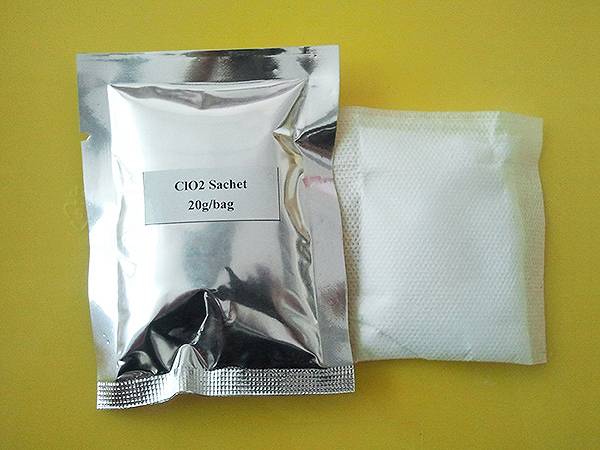



manufacture of naoh
The Manufacture of Sodium Hydroxide (NaOH)
Sodium hydroxide, commonly known as caustic soda, is a highly versatile and essential chemical in various industries. Its manufacture is a critical process that utilizes both natural resources and advanced technology to produce a substance that plays a significant role in numerous applications, including soap and detergent production, paper manufacturing, and water treatment.
The primary method for producing sodium hydroxide is through the electrolysis of brine, a process that involves the dissolution of sodium chloride (table salt) in water to create a concentrated salt solution. This solution, known as brine, is subjected to electrolysis in a specially designed cell. There are several types of electrolysis cells, including the diaphragm cell, mercury cell, and membrane cell, each of which has its advantages and environmental considerations.
The Manufacture of Sodium Hydroxide (NaOH)
On the other hand, the mercury cell method involves a layer of mercury that acts as both a cathode and an amalgam of sodium. While this method is efficient in producing high-purity sodium hydroxide, concerns have grown regarding the environmental impact and toxicity associated with mercury.
manufacture of naoh

The membrane cell process is the latest advancement in the electrolysis method. This method utilizes a ionic membrane to separate the anode and cathode compartments. The ionic membrane allows only sodium ions to pass through while keeping chlorine and hydroxide ions separate. This process not only enhances purity and reduces energy consumption but also minimizes environmental hazards compared to the mercury cell method.
Once produced, the sodium hydroxide solution undergoes further processing to concentrate and purify it. This may involve techniques such as evaporation and crystallization to remove excess water and impurities, resulting in solid flakes or granules of sodium hydroxide.
Sodium hydroxide has a wide range of applications. In the chemical industry, it serves as a reactant for the synthesis of various compounds. In the paper industry, it is crucial for pulping and bleaching processes. Its role in the production of soaps and detergents makes it an invaluable resource in household cleaning products. Furthermore, sodium hydroxide is widely used in water treatment plants to control pH levels, ensuring safe drinking water.
In conclusion, the manufacture of sodium hydroxide is a complex, yet essential process that contributes significantly to various sectors of the economy. As industries continue to evolve, the methods for producing sodium hydroxide will likely become more efficient and environmentally friendly, ensuring its availability for future generations.
-
Why Sodium Persulfate Is Everywhere NowNewsJul.07,2025
-
Why Polyacrylamide Is in High DemandNewsJul.07,2025
-
Understanding Paint Chemicals and Their ApplicationsNewsJul.07,2025
-
Smart Use Of Mining ChemicalsNewsJul.07,2025
-
Practical Uses of Potassium MonopersulfateNewsJul.07,2025
-
Agrochemicals In Real FarmingNewsJul.07,2025
-
Sodium Chlorite Hot UsesNewsJul.01,2025










